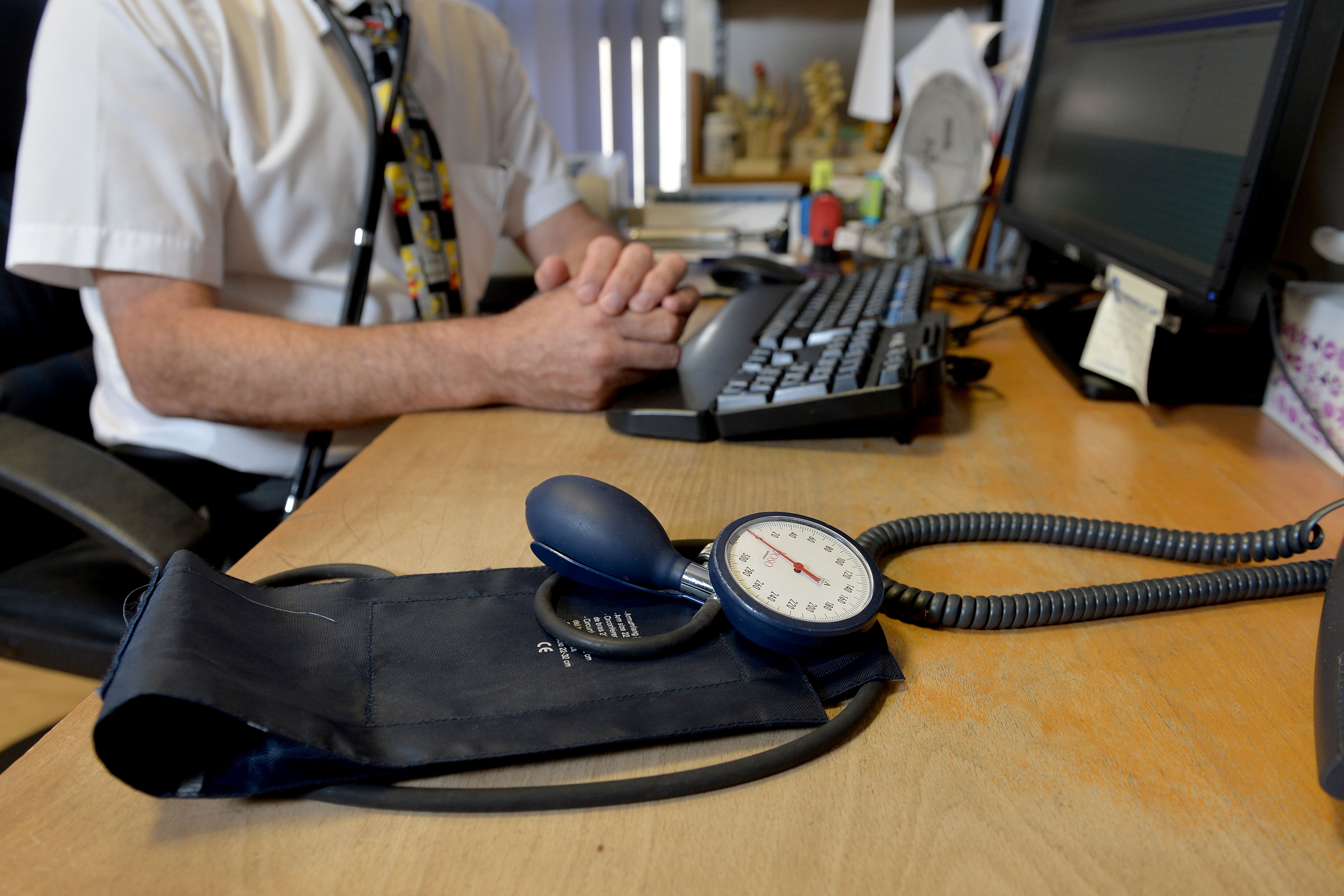Charles Bonnet syndrome is the crippling condition which many health experts don’t know about
Charles Bonnet syndrome (CBS) can cause vivid, and sometimes frightening, visual hallucinations but few health experts are aware of it
A poll of 1,100 health experts – including GPs, doctors and optometrists – found 37 per cent per cent are not aware of Charles Bonnet syndrome (CBS) which can cause vivid, and sometimes frightening, visual hallucinations for those who have lost 60 per cent or more of their sight.
Of those who are aware of it, a tenth admit they have a very limited understanding and 51 per cent would like to learn more.
While more than a quarter (28 per cent) would not feel confident diagnosing a patient with the condition.
And 78 per cent would look to rule out mental illness or dementia before diagnosing a patient with CBS even if they believe that’s what they are experiencing.
But of those who aren’t familiar with CBS, 11 per cent even recall visits from patients who had displayed symptoms of the condition.
CBS is widespread among the blind and partially sighted community – with research suggesting about one in five people who experience sight loss develop it, meaning at least one million people in the UK are living with the condition.
However, the condition isn’t taught in medical schools – and more than three in four (78 per cent) think it should be highlighted more when studying for a medical degree or qualification.
The research was conducted by Esme’s Umbrella, the only UK charity which offers support to those who live with CBS and their families.
One of its volunteers, Nina Chesworth, who has yet to receive a diagnosis after four and a half years, spoke about her experience with the condition: “I first started experiencing the symptoms of CBS straight after I lost sight in my left eye after a traumatic incident.
“After waking up from surgery, I was seeing a lot of blaring colours but I was just told it was my mind playing tricks on me.
“As time went on the colours began to develop into shapes, then ghost-like images, faces which were Picasso-esque, zombies, and animals.
“This became so intense and frightening, so I researched what the visions could mean – and it wasn’t until I found out about Esme’s Umbrella and reached out to them that it started to make sense.
“The charity invited me to meet Professor Dominic ffytche, the UK’s lead researcher into CBS, and he explained all about the condition and I was able to speak to others who were experiencing it too.
“But my visions became more and more complex and I couldn’t cope any longer – at this point I spoke with my GP, but they had not heard of it.
“This was four and a half years ago and I still haven’t had an official diagnosis.
“My ophthalmologist also didn’t diagnose it, and after seeing several specialists, they all had different views of what it might be and what was causing it. Only one said they would look into the possibility of CBS after I told them what it was.
“It was from Dominic and Esme’s Umbrella who gave me a real understanding of why it was happening and what to expect – it was a massive relief knowing it wasn’t a mental health issue and it is a possible natural effect of sight loss.
“This made me feel confident again to deal with my situation."
The research also found 25 per cent of those polled are not aware of the one specialist CBS clinic in the UK, based in London.
And nearly a fifth (19 per cent) would not know where to signpost a patient with CBS for support with the condition outside of the health service.
A further 27 per cent would not feel confident suggesting coping strategies for a patient who is experiencing hallucinations.
But when it comes to a condition like CBS, 83 per cent believe it is important the patient’s family have a full understanding of what their loved one is experiencing.
With 86 per cent making an effort to signpost families to charities to support them, while 88 per cent will signpost those who have been diagnosed to specialist organisations.
And overall, eight in 10 (79 per cent) feel charities can play an important role in supporting patients with medical conditions, the OnePoll research found.
Judith Potts, the founder of Esme’s Umbrella, said: “While awareness of CBS is beginning to get better – there is still a clear knowledge gap about it.
“As a result, stories like Nina’s are still far too common among the blind and partially sighted communities where they can really struggle to get a diagnosis for CBS.
“Particularly during these periods where people are being told they might have a mental illness or dementia; it can often cause a lot of unnecessary levels of distress.
“That’s why at Esme’s Umbrella, we want to do our bit to ensure anyone who is living with CBS has access to support as well as a network of others with lived experience to help them cope with the symptoms of the condition.
Join our commenting forum
Join thought-provoking conversations, follow other Independent readers and see their replies
Comments



Bookmark popover
Removed from bookmarks